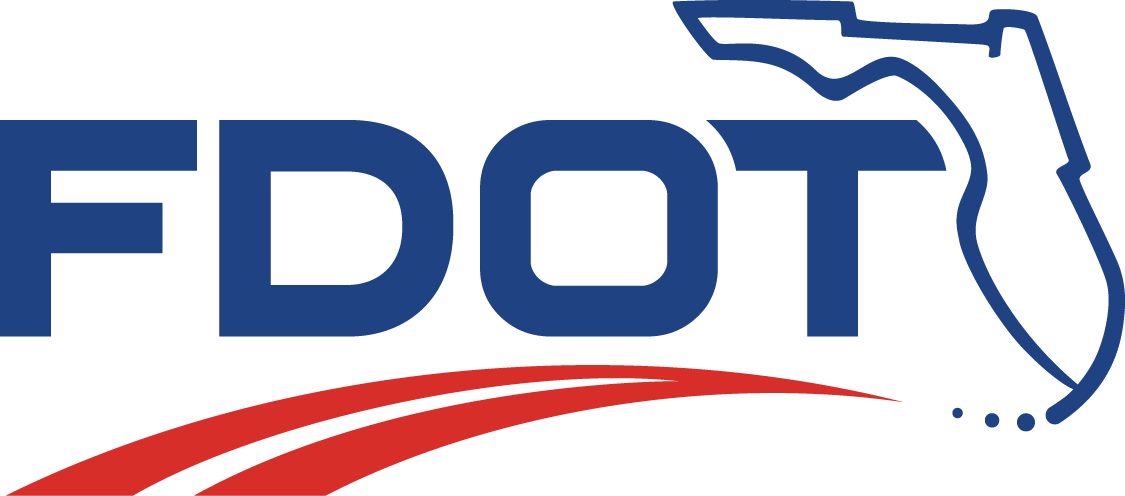Training
Webinars
June 12, 2024 | 11:00 a.m. - 12:30 p.m.
MS Teams Webinar Recording
Travel Demand Models are a common method for forecasting traffic flows on the transportation system using current travel behavior to predict future travel patterns. To many, they are complicated and surrounded with a bit of mystery, but they do not have to be. Models can be a valuable source of information into long range planning, traffic impact analysis, and project development. Join us on June 12 as a panel shares their expertise and insights into practical applications of travel demand models.
September 11, 2024 I 11:00 a.m. - 12:30 p.m.
MS Teams Webinar - Recording
This webinar will dive into the critical role of
microsimulation in informing transportation decision-making. Participants will:
- Categorize traffic study types as outlined in
the FDOT Traffic Analysis Handbook.
- Explore the application of microsimulation to
generate valuable insights for transportation planning.
- Gain a comprehensive understanding of various
simulation tools and their suitability for different project requirements.
- Acquire a basic understanding of
microsimulation model development, calibration, and validation.
- Identify the strengths, limitations, and
emerging trends in microsimulation modeling.
Presenters:
- Sunil Doddapaneni, PE, IMSA III
- Govardhan Muthyalagari, PE, PTOE
August 21, 2024 I 1:00 p.m. - 2:30 p.m.
LTAP Webinar - Recording
This webinar will explore travel forecasting models tailored specifically for planners and decision-makers in Florida. It will provide participants with a high-level overview of travel models, highlighting their significance in informing planning initiatives and decision-making. From understanding how modeling fits in the overall planning process and their practical applications, attendees will gain valuable insights into the connection between planning and travel demand modeling.
On-Demand Training
- Online Course Website
- Day 1
- Day 2
- Day 3
- Day 4
- Day 5
- Day 6
- Day 7
- Day 8
- Day 9
- Day 10
This course provides a basic introduction on the use of Python for transportation planning and modeling. It includes a brief review of the fundamentals of writing code in Python, as well as modules on tabular data analysis, visualizations, geographic analysis, and discrete choice modeling. The course assumes that students are already somewhat familiar with the methodologies and mathematical tools of transportation modeling in general, and focuses exclusively on the how these tools and models are constructed and used within Python.
As part of the D1RPM 2.0 webinar series, these recorded webinars provide details about the District One Regional Planning Model (version 2.0), a four-step, trip-based FSUTMS model beginning the change from PSWAADT TO AADT and continuing on with in-depth discussions of each model processes. We discuss the model's special features: airport trip distribution, the heavy truck procedure and connected and automated vehicles (CAV) modeling procedure.
- Workshop Agenda
- Workshop Slides
- Day 1
- Day 2
This workshop is designed for managers and non-modelers to gain a better understanding of the travel demand forecasting process. It provides an overview of the transportation planning process, traveling demand forecasting methodologies, and FSUTMS modules under Cube. Participants will learn the underlying theories of modeling and see the benefits of Cube's abilities to produce presentation graphics for reports and meetings.
Third-Party Modeling Software Training
PTV Visum
- Virtual Classroom
- Previous Florida Statewide Training Webinars
- Previous Florida Regional Training Webinars
- Request Customized Training
TransCAD
- Virtual Classroom
- Request Customized Training: Call Caliper Training at (617)-527-4700


